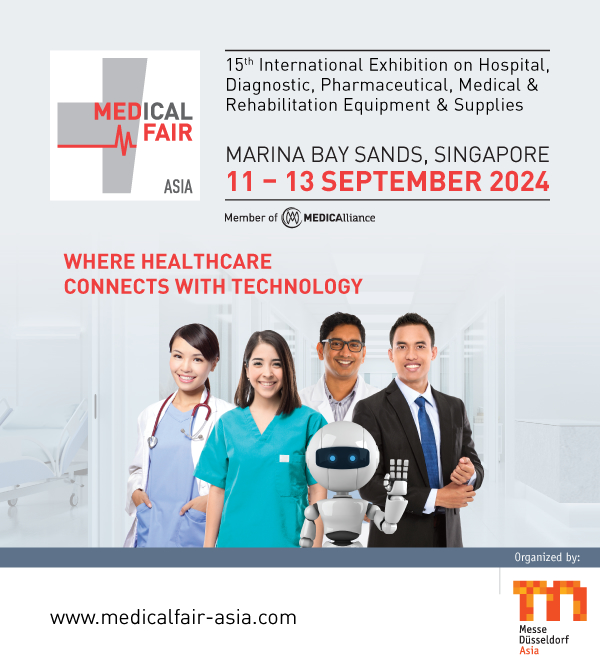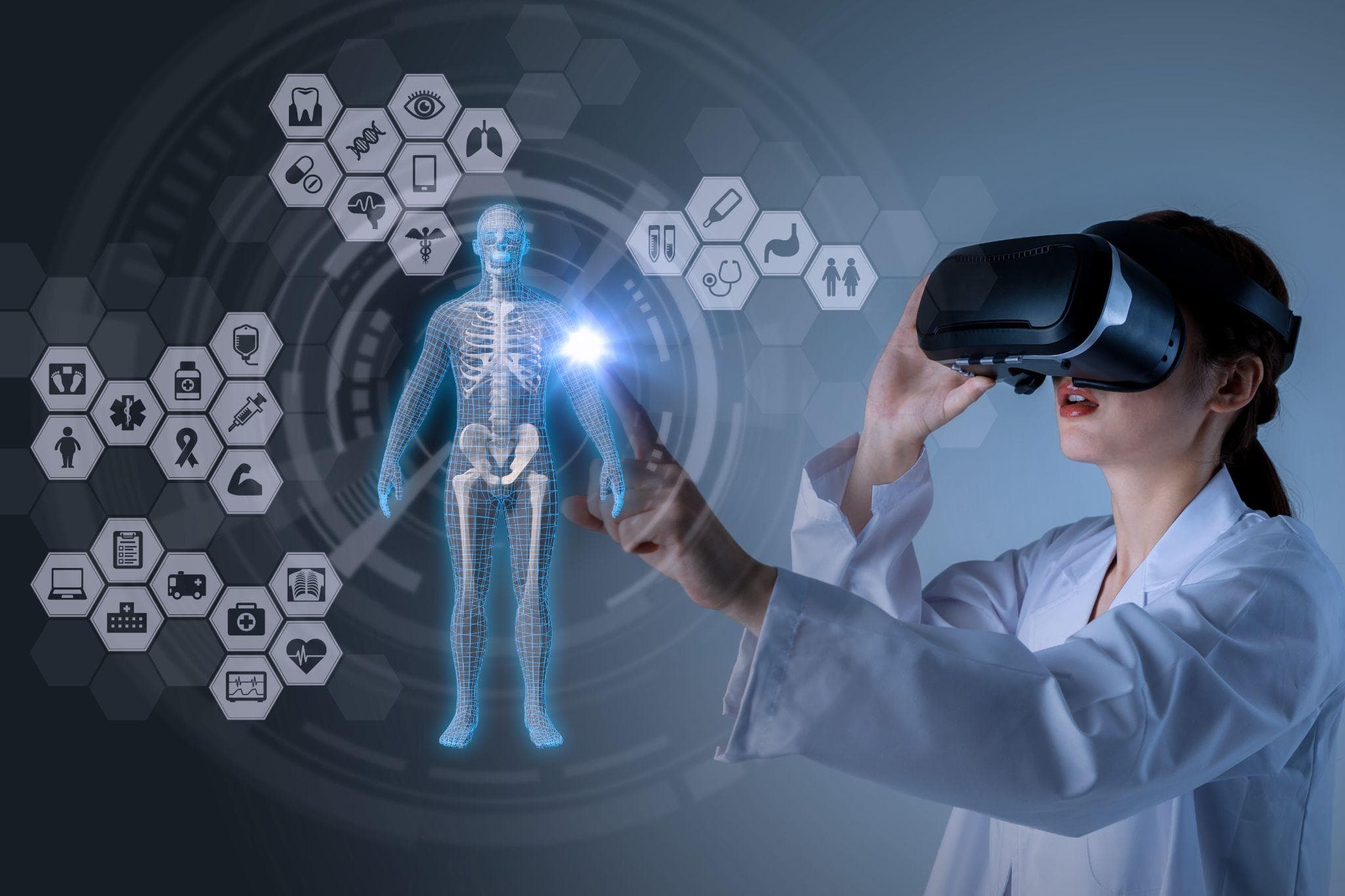



Medical technology has changed the world of medicine and changed the way diseases are diagnosed, treated or prevented. The global growth of a more affluent middle class and an ageing population are all pushing transformations in the healthcare industry, and similarly, the associated technology is developing at a significant pace.
The Covid-19 pandemic has further propelled healthcare into the future, and as a result, several medical innovations have been tested on a global scale and brought to market in record time. So, what can we expect in 2022?
Remote Patient Monitoring (RPM) is a method of healthcare delivery using the latest in IT to gather patient data and information outside of traditional healthcare settings, thus allowing physicians access to what is going on with a patient without physically being present. RPM has various advantages, including eliminating the need for a patient to travel outside of their home, therefore lowering potential transmission risks, improved patient outcomes, faster reaction times, and significant cost savings.
It is anticipated that millions of patients will use some form of a remote patient monitoring device in the near future, whether to measure blood pressure, weight, heart rate, or blood sugar - the most commonly monitored parameters, all without the need to visit an office or a medical laboratory.
In healthcare, Artificial Intelligence (AI) takes numerous forms. One of the leading AI trends in healthcare this year will be the use of machine learning to analyse massive amounts of patient data and other information. With specialised algorithms that can replicate the human mind, computers can be designed to think, learn, make decisions, and mimic human action.
What this means for physicians is they may be offered suggested diagnoses, drugs, and treatment plans based on a patient's specific medical data, history, and present symptoms. Doctors will always have the final say, but such potentially life-saving information will now be available to them.
Overall, healthcare administrators will be able to apply the insights from this extensive and comprehensive analysis of healthcare data to improve patient outcomes, save costs, and raise staff job satisfaction.
Electronic or digital therapeutics are part of a larger digital-health landscape and differ from diagnostics and telehealth. Electronic therapeutic products are software-driven, evidence-based, and can potentially prevent, manage, or treat a medical disease or disorder.
Patients with chronic illnesses frequently require continual treatment from their doctors. Patient education, symptom monitoring, medication adjustments, and behavioural changes may be part of this care. This care can be very costly and time-consuming for medical staff and patients. Now, there are novel digital treatments available that can play this role.
While doctors prescribe medicines digitally to a patient for their specific medical issues, these advanced software solutions are available as mobile apps on a patient's smartphone and personal computer and are subjected to the same stringent testing as all drugs, including randomised clinical studies. As patients use the apps, information regarding their health is sent back to their doctor which then enables them to monitor their patients closely without having to see them regularly, and thus identify concerns far earlier.
Several new technologies have emerged in the last year that can assist in addressing a patient's continuing mental health needs. While most exams and initial treatments must still be conducted by a doctor, people can now use various tools and mobile apps to enhance their mental health in between doctor visits.
The above-mentioned digital treatments are ideally suited for offering high-quality continuing mental health care. Some apps are increasingly capable of completing patient intakes and providing an initial diagnosis before a patient even visits a clinician. Cognitive-Behavioural Therapy (CBT), a classic treatment method, has been widely adopted and employed in digital therapeutics with substantial effectiveness in helping patients change their behaviour when used alongside virtual or in-person therapy.
Video games are another emerging technology being used for mental wellness. EndeavorRX, for example, is an approved prescription video game designed to treat ADHD in children aged eight to twelve. In clinical trials, a significant number of individuals reported improved capacity to pay attention after only one month of usage, with no negative side effects.
The Internet of Things (IoT) is one of the emerging medical technology trends. IoT is an unseen network generated by physical objects linked to the Internet. This includes emerging technology in healthcare such as remote patient monitoring, 5G-enabled devices, and wearable sensors. A large number of web-enabled medical gadgets are becoming more interconnected in order to deliver the most accurate and up-to-date patient data.
Smart medical devices will be able to network with other nearby smart devices to help improve patient outcomes as technologies and software develop. This will eventually allow doctors to monitor patients' health comprehensively and systematically.
Follow more medtech news and get the latest updates in the medical technology scene in Singapore and beyond.